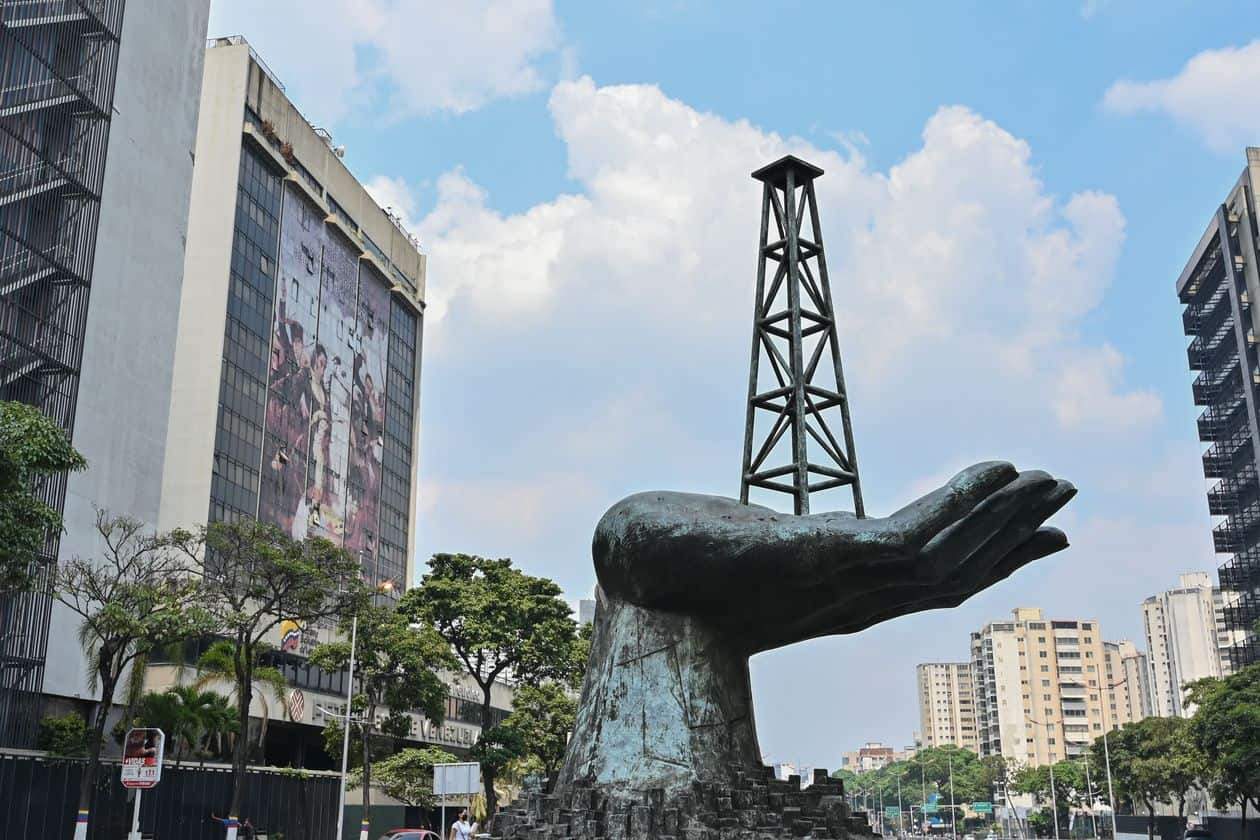Venezuela Proposes Major Overhaul of Energy Sector

Venezuela’s government is proposing a sweeping overhaul of its energy industry, scaling back the role of the state and handing over greater control to private companies in an effort to boost plummeting oil output, according to a government presentation.
The proposal, which was compiled last month by a special restructuring committee appointed by President Nicolás Maduro, comes as corruption and mismanagement have crippled national oil monopoly Petróleos de Venezuela SA, or PdVSA. A raft of U.S. sanctions more recently have choked off the ability to pump and transport crude from Venezuela, pushing the Maduro regime to search for solutions to revive the country’s economic lifeblood.
A blueprint of the plan was made public just days after Mr. Maduro appointed Tareck El Aissami, a close economic adviser who is also wanted by U.S. prosecutors on drug trafficking charges, as his new oil minister.
The plan calls for an effective downsizing of PdVSA, reducing the share of the oil projects it operates in Venezuela with a diminishing group of foreign partners. It also strips PdVSA of nonenergy-sector duties, a dramatic shift for an oil company that has served as a cash cow for Venezuela’s ruling Socialist Party.
For much of the past 20 years, PdVSA has been used for everything from organizing political events to constructing housing to distributing subsidized chicken. But the country’s economic meltdown and falling crude output have forced the government to recalculate its outlook for the commodity that it once said would fuel a leftist revolution around Latin America.
“Currently, Venezuela’s oil production ceased being strategic for the world,” the presentation says, explaining why a shake-up was necessary. The plan also calls for rolling back generous fuel subsidies. Gasoline is virtually free in the South American country, but shortages have intensified in recent weeks while the government struggles to refine or import fuel.
The proposal targets a doubling of crude output to 1 million barrels a day, a long shot from the 3 million barrels the country used to pump daily a decade ago.
Orlando Ochoa, an oil economist at Andres Bello Catholic University in Caracas, called the government’s proposal a pipe dream amid the troubles Venezuela is facing.
A continuing power struggle between Mr. Maduro and main rival Juan Guaidó, who is recognized by the U.S. and its allies as Venezuela’s legitimate president, is likely to keep most energy investors away from the country, which sits on the world’s largest oil reserves.
U.S. sanctions already prohibit most oil companies from operating in Venezuela. Chevron Corp., the last major U.S. energy firm working in country, has been effectively ordered to wind down operations there.
Chronic power outages, food shortages and a mass exodus of oil-field technicians from the country highlight other practical challenges that make an industry restructuring unrealistic, Mr. Ochoa added.
“It’s extremely too little, extremely too late,” he said. “It’s a plan of wishful thinking, with no way to be implemented. This is a government in survival mode.”
Photo: The ‘Peace Monument’ sculpture outside the headquarters of Petróleos de Venezuela SA in Caracas. - FEDERICO PARRA/AGENCE FRANCE-PRESSE/GETTY IMAGES
Link: https://www.wsj.com/articles/venezuela-proposes-major-overhaul-of-energy-sector-11588210094




